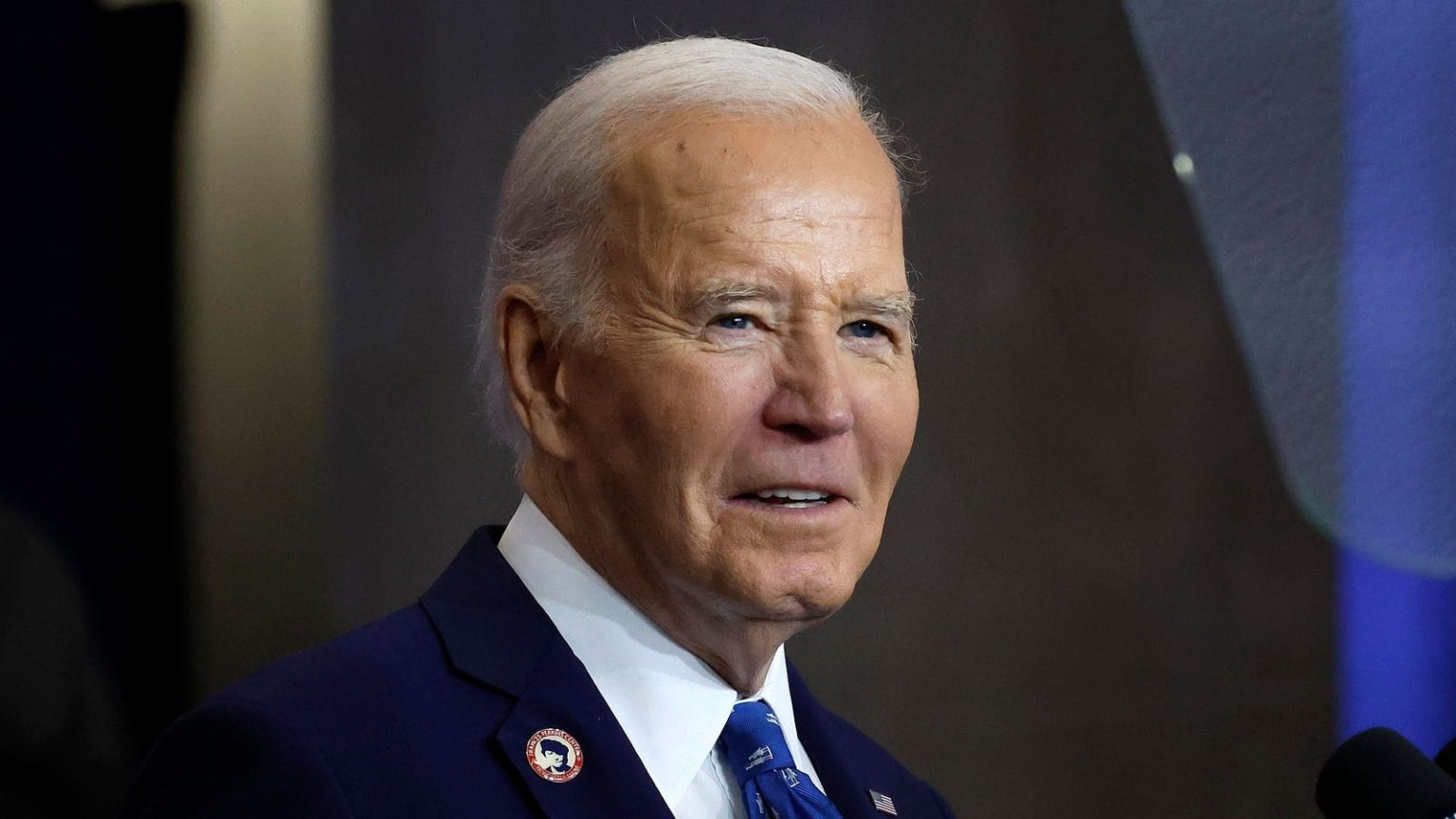Biden Commutes Sentences of Nearly All Federal Death Row Inmates, Blocking Trump’s Execution Plans
In a dramatic move just days before leaving office, President Joe Biden commuted the sentences of 37 of the 40 inmates on federal death row, effectively preventing the incoming Trump administration from carrying out executions. Biden’s decision, announced early Monday, reflects his long-held opposition to capital punishment and his administration’s policy of halting federal executions except in cases of terrorism and hate-motivated mass murder. This action ensures that the vast majority of these inmates will now serve life sentences without the possibility of parole.
Biden’s decision was driven by his "conscience" and a firm conviction that the federal government should not be in the business of executions. He stated unequivocally, “I am more convinced than ever that we must stop the use of the death penalty at the federal level.” While acknowledging the heinous nature of the crimes committed by these individuals and expressing empathy for the victims’ families, Biden explained that he could not in good conscience allow a new administration to reverse the moratorium he had put in place. This act of clemency marks a significant departure from the Trump administration’s stated intentions to resume and expand the use of the death penalty.
During his presidential campaign, Donald Trump advocated for a broader application of capital punishment, including for offenses such as drug trafficking, human trafficking, the killing of police officers, and even for migrants who kill U.S. citizens. He also expressed support for the death penalty for child rapists, despite a Supreme Court ruling deeming it unconstitutional in such cases. Biden’s commutations effectively thwart these plans, at least at the federal level.
This large-scale act of clemency is not Biden’s first. Earlier this month, he commuted the sentences of approximately 1,500 individuals who had been placed under home confinement during the COVID-19 pandemic. These commutations applied to individuals who had completed at least one year of their sentences under home confinement. Furthermore, Biden granted pardons to 39 individuals convicted of non-violent offenses, primarily drug-related crimes, recognizing their efforts to rehabilitate their lives.
The White House statement accompanying the commutations emphasized that Biden’s actions aim to prevent the Trump administration from carrying out executions that would not have occurred under current policy. This underscores the fundamental difference in philosophies between the outgoing and incoming administrations regarding the use of capital punishment. Biden’s move represents a decisive step towards limiting the application of the death penalty at the federal level, a position diametrically opposed to Trump’s stated intentions.
Biden’s decision is expected to spark debate about the future of capital punishment in the United States. While some will applaud his commitment to ending federal executions, others, including supporters of the incoming Trump administration, are likely to criticize the move as an overreach of executive power and a disservice to victims of violent crime. Regardless of the varying perspectives, Biden’s actions have undoubtedly reshaped the landscape of capital punishment at the federal level and set the stage for ongoing discussions about its role in the American justice system. The incoming Trump administration will now face significant obstacles if it chooses to pursue its stated goals of expanding the use of the death penalty.


